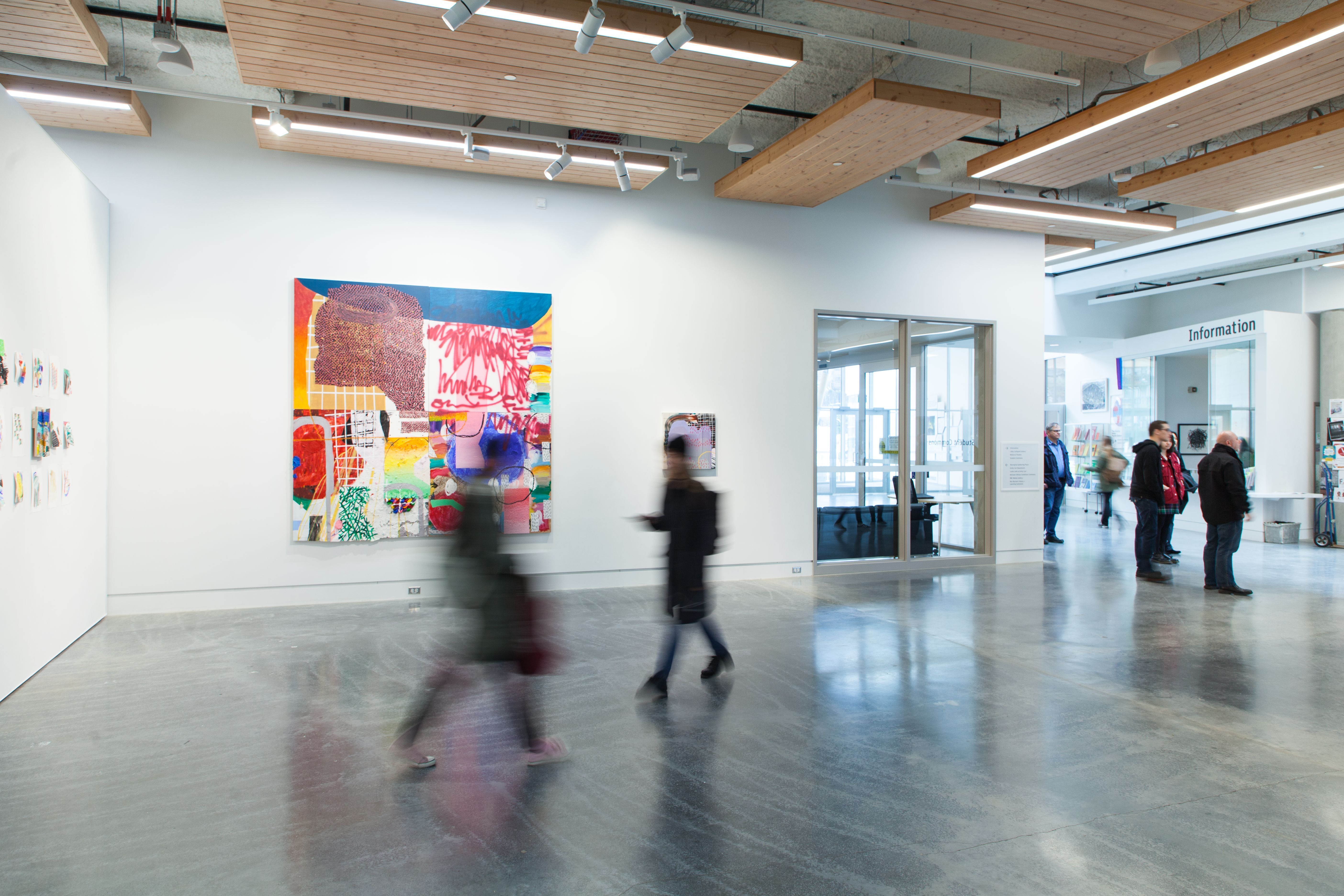EDI Fall Event Series: Rage, Justice, and Revolution

Join us for the upcoming event on the EDI Fall Event Series for a thought-provoking panel, "Rage, Justice, Revolution" where the guest speakers will explore the transformative potential of anger as a force for change.
EDI initiatives have long sought to combat structural marginalization, while recent critiques highlighted the gap between institutional goals and real impacts, especially in higher education. Through this semester's event series, we seek to explore how art and design communities, especially through participatory and collaborative methods and practices, can address challenges and contribute to more effective equity, diversity, and inclusion work.
The upcoming event on the EDI Fall Event Series is a thought-provoking panel, "Rage, Justice, Revolution", where leading scholars explore the transformative potential of anger as a force for change.
The panel will begin with Dr. Mohammadi’s introduction positioning anger or rage as an anticolonial and feminist methodology, framed through artivism. Dr. Yazdi will address how such methodology may inform transformative justice as it poses interesting questions about the institutionalization of EDI practices. Dr. Abdolmaleki will then speak about the "Women, Life, Freedom" movement in Iran, as one paradigmatic example of how such rage has historically shed light on EDI discourses, subjects, and policy-making.
This event is open for all staff, students, and faculty. Participants are welcome to tune-in via Zoom link, or join us in-person at B3130.
Bios of the panelists:
Sajad Soleymani Yazdi is an educator and researcher of diasporic literature and queer studies who lives and works on unceded Musqueam, Squamish and Tsleil-Waututh territories as an uninvited guest. He came to Coast Salish lands from amiskwaciy waskahikan where he received his PhD in Comparative Literature from the University of Alberta in 2024. As an educator and theorist, Sajad employs a decolonial approach to the study of non-canonical literary works from the Global South to reveal the potential of queer life writings in inciting social change and fostering social justice. While teaching at Capilano University, Sajad is working on a manuscript that explores the revolutionary potential of Muslim queer life writings.
Kara Abdolmaleki holds a PhD in Comparative Literature from the University of Alberta. His dissertation was titled "'A Robin Redbreast' in an 'Iron Cage': Revisiting the Intellectual Movement of Dissent in Iran between the 1953 Coup and the 1979 Revolution". It examines Romanticist and critical counter-Enlightenment propensities in Iranian fiction, poetry, and film. Kara completed his master's and bachelor's degrees in English Literature at the University of Tehran and Kurdistan University, Iran. In Canada, he collaborated with several journals including the Canadian Review of Comparative Literature and Inquire Journal of Comparative Literature in various capacities. His work has appeared in the International Journal of Iranian Studies, Film International, Parsagon, and The Guardian. His research interests include Iranian cinema, literature, and culture as well as postcolonial and critical theory. Kara is currently employed at Norquest College as an instructor.
Dr. Banafsheh Mohammadi is an architect and historian whose interests revolve around criticisms of the workings of cultural and knowledge-producing institutions and built environments particularly the ones that appear to be neutral and independent to unmask the colonial violence they have always embodied obscurely. Currently, she’s working on developing anger or rage as a critical methodology that centres the collective anger felt by the intersectionally marginalized in revealing the mechanisms of neutral-appearing colonial institutions and knowledges. This work builds on Banafsheh’s previously published research projects about cultural institutions across Alberta as indices of petrocolonial violence.